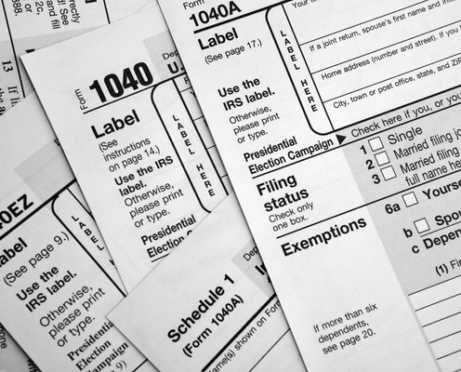
 Even before the COVID-19 pandemic took hold, many Americans were struggling financially.
Even before the COVID-19 pandemic took hold, many Americans were struggling financially.
According to the Federal Reserve “Report on the Economic Well-Being of U.S. Households in 2019”, only 63 percent of adults could cover an unexpected $400 emergency expense with available cash. The remaining 37 percent said they would have difficulty paying this expense without using a loan or credit card, borrowing money from others, or selling something.
COVID-19 exposed the financial fragility of many U.S. households in a way no government report could have. For months on television, we have seen reports about long food bank lines, unpaid household bills, and other indicators of distress amidst record high unemployment rates.
Many experts predict things could get worse in August when the $600 per week federal unemployment benefits go away and unemployed workers receive only state payments, which are a fraction of their pre-coronavirus earnings.
Many Americans are (or will soon be) trying to make ends meet in crisis mode. Below are eight tips to manage money during tough economic times shared by the Community Service Society of NYC on a recent webinar:
Create a Spending Plan (Budget)
Use software or a paper and pencil worksheet to list anticipated income and expenses. Also complete a bill payment calendar to include the dates of upcoming income, bills, auto-payments, and annual or semiannual payments such as insurance premiums.
Assess Household Resources
Calculate your net worth (assets minus debts) to get a “snapshot” of your finances. Pay particular attention to cash on hand, emergency fund savings, and cash value life insurance as well as retirement savings plan assets that could be borrowed against, if necessary.
Access Community Resources
Reach out for financial assistance or services that can preserve limited funds for other household expenses.
Examples include state unemployment benefits, food banks, health care clinics, and volunteer tax preparation from VITA.
Call 211 or visit www.211.org to learn about local human services.
Build Your Emergency Fund
Set aside unemployment insurance above your typical weekly income during the next five weeks while the extra $600 a week benefit is available.
Other sources of emergency cash include a tax refund and cash saved as a result of unemployment or social distancing measures (e.g., child care, commuting costs, and entertainment).
Also remember that bills temporarily halted by a forbearance or moratorium (e.g., rent and utility bills) must still be paid in full in the future so set money aside for this also.
Cut Discretionary Spending
Avoid spending that increases household debt and non-emergency savings (until your finances stabilize).
Other ways to spend less are eliminating auto-payments for nonessential items (e.g., gym memberships when gyms are closed) and switching to cash for most purchases.
Prioritize Bill Payment
Make three lists of expenses: Needs (rent, utilities, food, medication copays, transportation, phone, internet, and health insurance), Obligations (credit cards and student loans, child support, taxes, and dues), and Wants (expenses that are not required for survival or you have no obligation to pay).
Next, starting with the Needs list, put your expenses in priority order and pay bills until money runs out. Consider the consequences of non-payment for each expense; food is always the highest priority need.
Prioritize Personal and Financial Obligations
Consider the following hierarchy for payment of the items on the Obligations list: court fines and fees, child support, auto insurance, money judgments, secured debt, taxes and tax debt (contact the IRS for a payment plan if you are in arrears), student loans, unsecured debt, property/liability/life insurance, retirement plan savings, and interpersonal debt and social obligations.
Protect Your Credit
Contact your creditors before you are late with a payment and discuss options for leniency and a payment plan.
Confirm all agreements with creditors in writing with a follow-up letter or email. On-time payment is the number-one factor in credit scoring so make sure your credit history is not damaged. Under the CARES Act, Americans can now receive a free credit report weekly to keep tabs on their credit.





